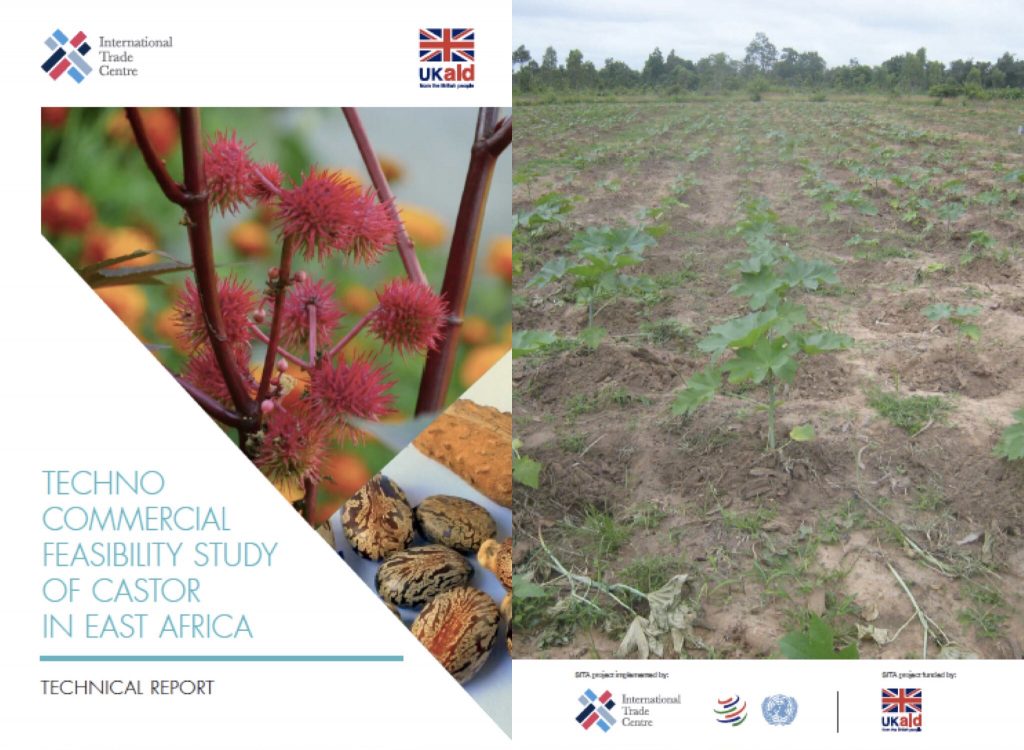Voices of SITA
Investigating the potential of Castor Oil for boosting East Africa’s agricultural sector: SITA presents a fresh feasibility study
Castor plant, which is native to the Ethiopian region of tropical East Africa, has become naturalized in tropical and warm temperate regions throughout the world. The castor plant is seen as an undesirable weed by farmers in many countries, yet it produces one of the most versatile natural oils. The oil extracted from castor seeds is a non-edible biological resource that can be transformed into a variety of materials which can serve as a medicinal remedy, cosmetic product, and an alternative to petrochemicals. To date, manufacturers have found more than 700 applications for castor oil and its derivatives. Moreover, unlike many synthetic chemicals, castor oil is biodegradable and sustainable, so it is considered to be a “green” resource.
As countries and industries are becoming more aware of environmental footprint, the demand for biodegradable products is growing. The global castor oil market has seen positive growth in the last few decades with India producing around 75% of the world’s castor seeds, followed by China and Brazil. Castor is a climate-resilient crop, resistant to drought & salinity, and adaptable in large areas of arid and semi-arid areas in east and sub-Saharan Africa. What’s more, castor provides assured profitable returns with minimum expenditure on cropping practices, fertilizers, and plant protection, which makes it a boon for farmers. Castor can be a major commercial crop for pastoral families and small-scale farmers and fits very well in the crop diversification strategy.
Given all the potential of Castor in contributing to East Africa’s sustainable economic growth, SITA presents this feasibility study, which maps out how castor farming and processing enterprises could be set up in East Africa.
The feasibility report also:
Assesses the current castor production in India and the world, and leverages these knowledge and insights.Provides details of reputed international buyers of castor oil and other by-products.
Read the report here.
The post Investigating the potential of Castor Oil for boosting East Africa’s agricultural sector: SITA presents a fresh feasibility study first appeared on Voices of SITA.

